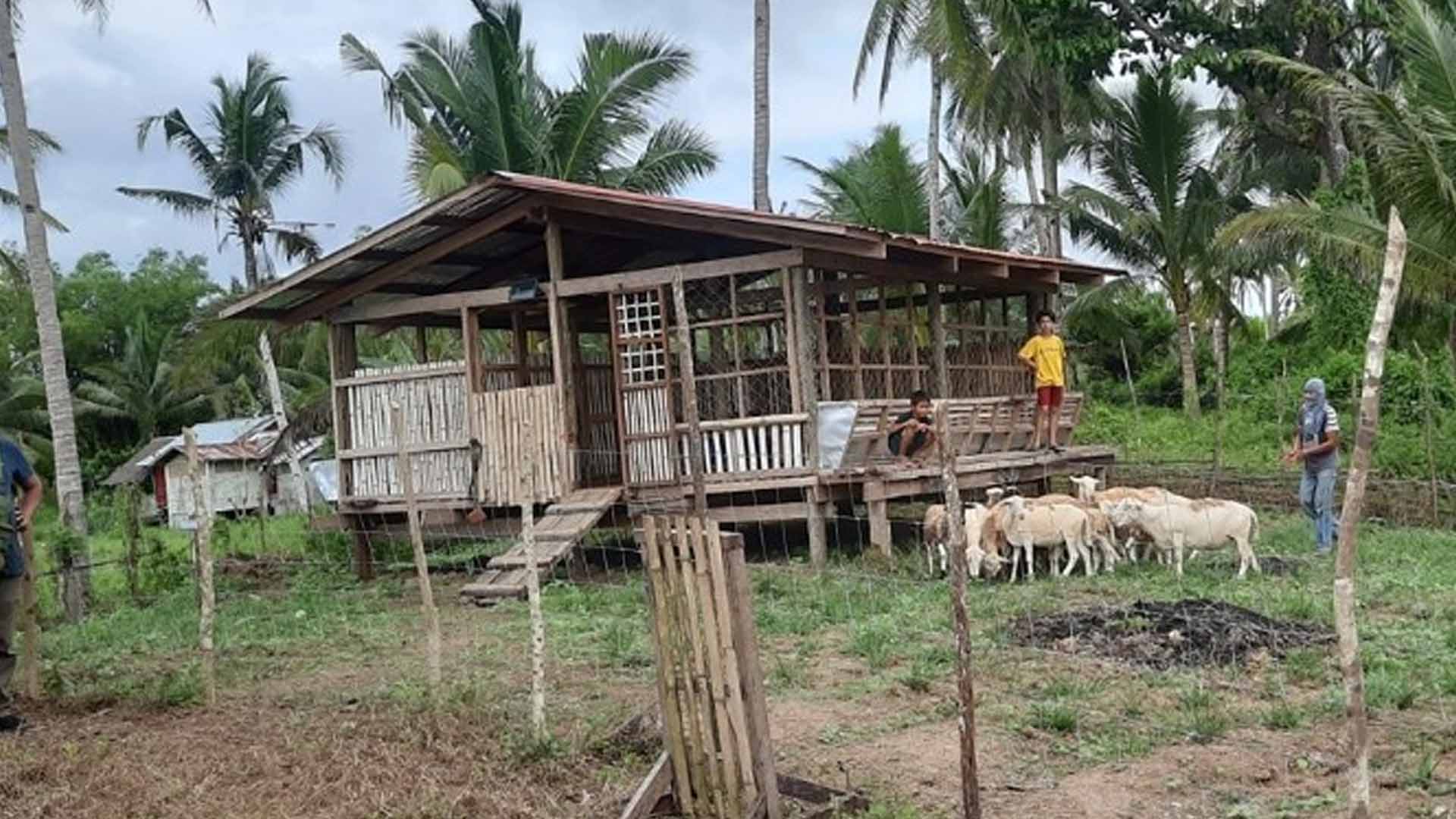The Department of Agriculture (DA) targets to establish a domestic sheep-raising industry while simultaneously supplementing the often meager income of coconut farmers.
In an interview on Friday, DA Undersecretary Deogracias Victor Savellano said raising small ruminants — sheep, in particular — presents an attractive alternative livelihood opportunity to coconut farmers, who are often idle while waiting for their next harvest.
This initiative is in line with the DA’s PHP850-million livestock dispersal program for coconut farmers in partnership with the Philippine Coconut Authority (PCA).
It was explained that coconuts are harvested in cycles, often ranging from 45 to 60 days in between when farmers are free to pursue other income-generating opportunities.
“The DA has always promoted inter-cropping, but now we are adding livestock-raising to the list of alternative livelihoods that they (coconut farmers) can get into. Sheep farming is something we are really interested in because there are much fewer sheep in the Philippines compared to goats,” Savellano told the Philippine News Agency.
He noted that there is an international demand for lamb, hogget, and mutton (sheep meat) as well as wool, which local producers can potentially exploit.
Sheep are also a more attractive option for cleaning up coconut plantations because they prefer to graze (eat vegetation scattered on the ground), as compared to goats that prefer to browse (eat leaves from living plants).
Savellano said the DA targets to begin distributing chicken, native pigs, and goats, aside from sheep, to qualified beneficiaries before the end of 2023.
Beneficiaries being identified by the PCA include leaseholders or tenants who till coconut on not more than five hectares of land.
Farm laborers, whether occasional or itinerant, who are harvesting coconuts or work in the processing of copra as a major means of livelihood are also potential beneficiaries of the livestock distribution program.
“This (livestock distribution) is still part of the President’s (Ferdinand R. Marcos, Jr.) goal to increase the country’s food production fivefold within the next five years,” Savellano said.
Rene Santiago, who heads the Bureau of Animal Industry’s National Swine and Poultry Research and Development Center, earlier said that funding for the livestock program stands at PHP166 million annually for five years, totaling some PHP850 million for the whole span.
“It is now under process with the procurement. There is already a supplier for chicken, native pigs and goats,” Santiago said in a statement. (PNA)







